What is Credentialing: Your Guide for What’s Next
What is Credentialing?
Many new practice owners and medical professionals seek our guidance when it comes to credentialing. However, most do not fully understand what it is and its significance. This article serves as an educational guide into the world of credentialing.
Credentialing is a crucial process in healthcare where private insurance payors, as well as state payors like Medicare and Medicaid, verify that a healthcare provider is qualified to deliver medical services. This process involves assessing a provider’s education, training, experience, and licensure to ensure they meet the standards required to treat patients within the payor’s network. Payors require credentialing to protect patient safety, ensure the quality of care, and maintain compliance with regulatory and accreditation standards. By credentialing providers, payors can also mitigate risks and manage healthcare costs more effectively.
Why is Credentialing Important?
The credentialing process is incredibly important because it provides each insurance payor with the necessary information to conduct an in-depth background check on each provider. Insurance companies review any past discrepancies, your medical license, your work history, and even follow up with previous employers to ensure that you practice to a high standard and are not a risk to your patients. It’s also essential for providers to understand this process because you cannot be reimbursed for services unless you are credentialed with the insurance payor. For example, you could not see a BCBS patient unless you are credentialed and approved with an effective date with BCBS. You will not be reimbursed for services provided while waiting for credentialing approval, as some payors do not use a retroactive dates. So, if you started seeing patients on 7/1/24 and were approved with an effective date of 8/1/24, you would not receive payment for any of the services provided in July.
As a provider, it’s crucial to understand this process because many providers join a new organization assuming they can see patients right away, which is not the case. Whether you were initially credentialed with payors or were part of a delegated credentialing group will determine the timing. For more information on credentialing versus delegated credentialing, please read my article “Understanding the Differences Between Delegated Credentialing and Regular Credentialing.” Ultimately, if you need an initial application, the credentialing process will take closer to 60-120 days before you could receive an approval. If you are already credentialed and need to be added, the process is relatively faster but still averages between 30 to 60 days. This is something to keep in mind when considering a new job.
What Does the Credentialing Process Look Like? What Does It Look Like Specifically for the State of MN?
The credentialing process varies by state, but Minnesota is one of the most complex. At Integrity Health Network, we primarily provide credentialing services for MN and WI, though we have also served clients in neighboring states like South and North Dakota. At Integrity Health Network, we work with a wide range of payors, including BCBSMN, Health Partners, UCare, Medica, Medicaid (MN-ITS), Medicare, APPO, Contigo Health, First Health, Group Health, Humana, IM Care, Multiplan, Optum, PrimeWest, Sanford, Security Health, South Country Health Alliance, Tricare, WPS, and UHC. Credentialing with these payors can take anywhere from 30-120 days for approval.
Minnesota differs from other states as it uses numerous online application systems to complete a provider’s credentialing with the above payors. For example, some payors use CAQH (Council for Affordable Quality Healthcare) as their source of information, while others use MCC (Minnesota Credentialing Collaborative). In addition to these, there are systems like MN-ITS (Medicaid), PECOS (Medicare), and Onboard Pro (UHC), along with specific applications required by Sanford, Tricare, Contigo Health, and SCHA.
Each of these applications requires different and specific documentation and information for a provider to be approved. At Integrity Health Network, we have a system in place to document, store, and notify us of what specifically needs to be submitted for each application.
Selecting an Organization to Do Your Credentialing: Why IHN is the Perfect Fit for You
When searching for a credentialing company, you might come across organizations that charge exorbitant prices, which can be hard to afford for small practices looking for a helping hand. That’s where Integrity Health Network comes in. We are an independent practice association centered around helping the “little guys.” We provide guidance and services to independent practices looking for affordable help.
At IHN, we’ve built strong and lasting relationships with each of our insurance payors so that your insurance payors will know the people behind your practice. We’ve made it clear to our contract representatives that we want them to know and understand our clients on a deeper level. We’ve also developed a unique and robust system that automates many aspects of the credentialing process.
It’s also important to mention that we offer many other services besides credentialing. In fact, most of our clients ask us to help them obtain contracts, negotiate terms, and manage the entire credentialing process.
Contact IHN Today
If you would like more information about any of our services, please contact us or visit our website.









